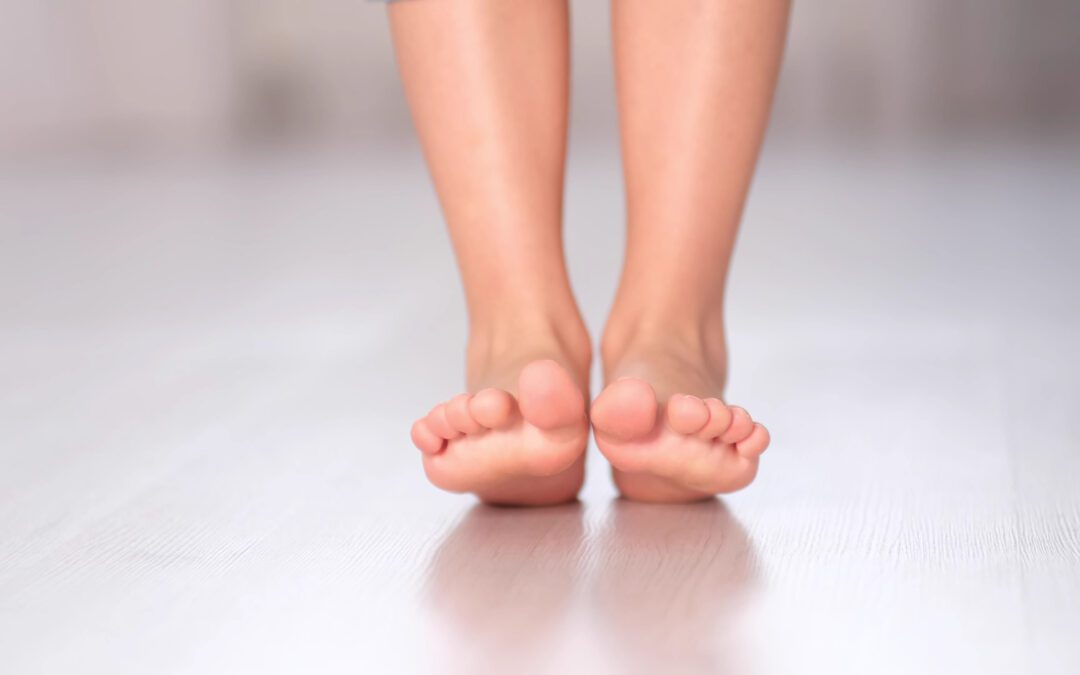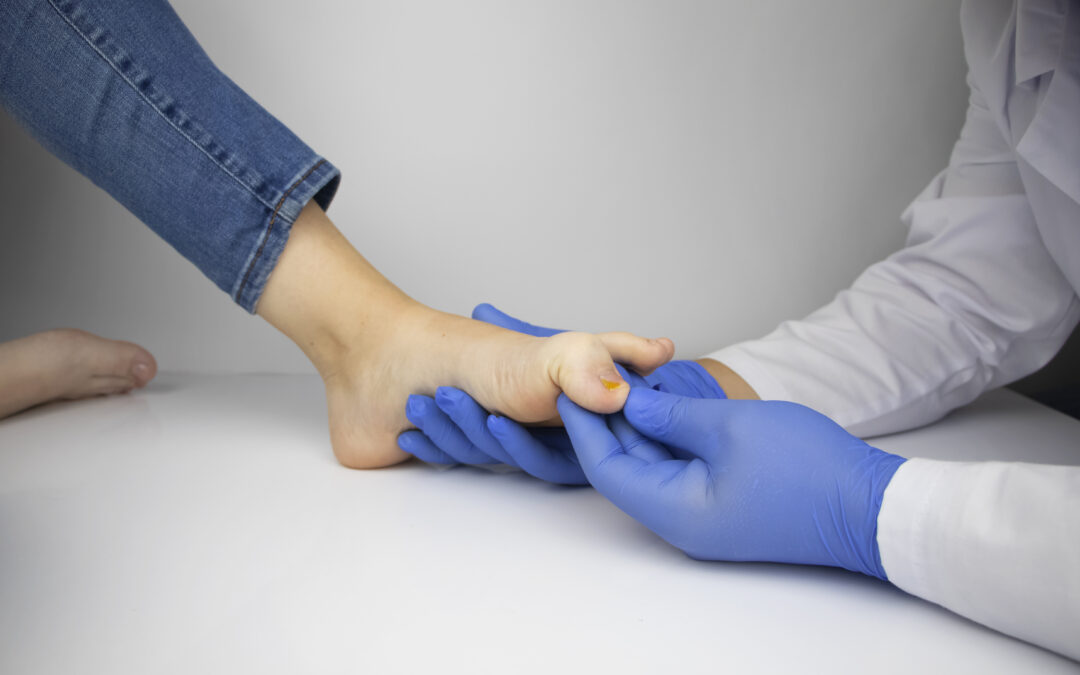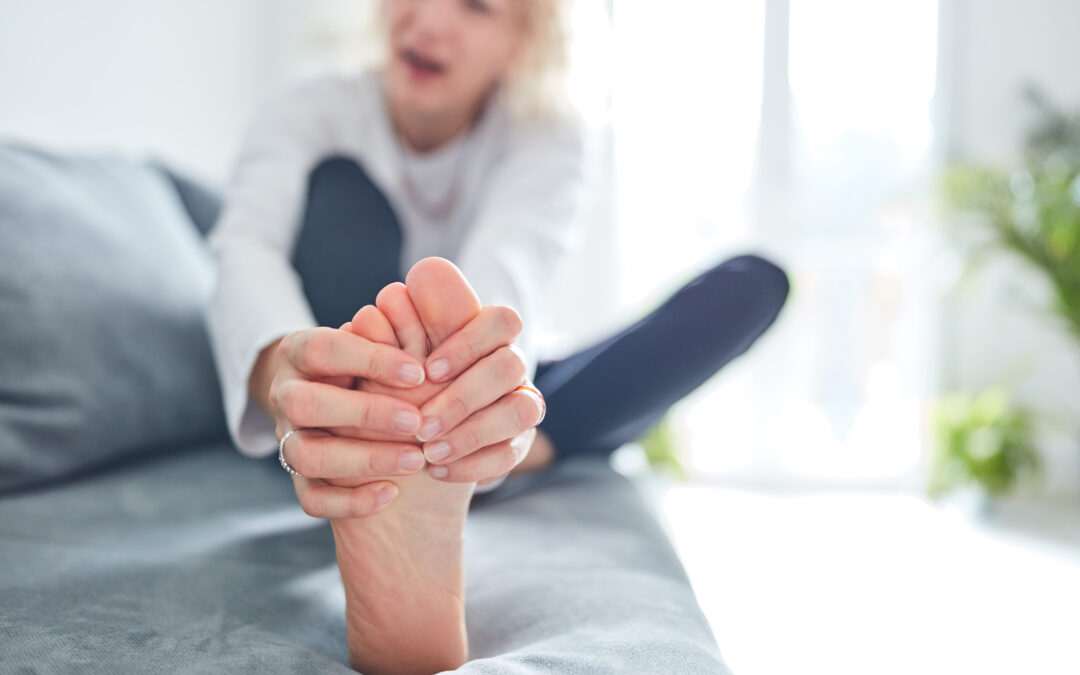This winter has been a difficult year of extremely cold temperatures combined with record snowfalls. Podiatry Associates wants to remind you of the very real potential of frostbite, which is the freezing of skin or damage to blood vessels, upon exposure to extreme cold. Certain medical conditions, like diabetes and vascular disease can make you more prone to frostbite, but anyone can be affected.
The American Podiatric Medical Association (APMA) offers some advice for keeping feet healthy in common winter scenarios:
- Winter is skiing and snowboarding season. Never ski or snowboard in footwear other than ski boots specifically designed for that purpose. Make sure your boots fit properly; you should be able to wiggle your toes, but the boots should immobilize the heel, instep, and ball of your foot.
- Committed runners don’t need to let the cold stop them. A variety of warm, light-weight, moisture-wicking active wear available at most running or sporting goods stores helps ensure runners stay warm and dry in bitter temperatures. And remember, it’s more important than ever to stretch before you begin your run. Cold weather can make you less flexible in winter than you are in summer, so it’s important to warm muscles up before running.
- Boots are a must-have footwear in winter climates, especially when dealing with winter precipitation. Between the waterproof material of the boots themselves and the warm socks you wear to keep toes toasty, you may find your feet sweat a lot. Damp, sweaty feet can chill more easily and are more prone to bacterial infections. To keep feet clean and dry, consider using foot powder inside socks and incorporating extra foot baths into your foot care regimen this winter.
- Be size smart. It may be tempting to buy pricey specialty footwear (like winter boots or ski boots) for kids in a slightly larger size, thinking they’ll be able to get two seasons of wear out of them. But unlike coats that kids can grow into, footwear needs to fit properly right away. Properly fitted skates and boots can help prevent blisters, chafing, and ankle or foot injuries. Likewise, if socks are too small, they can force toes to bunch together, and that friction can cause painful blisters or corns.
For all of your foot-related healthcare needs, please contact our office for an appointment.




